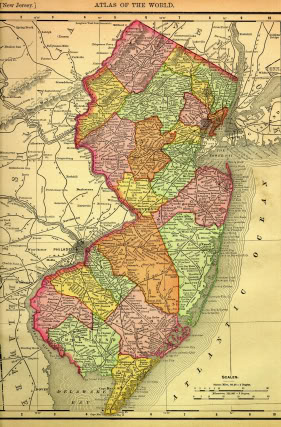McCarthy Confirmed by U.S. EPA
On June 2, 2009, the U.S. Senate voted to confirm the nomination of Ms. Regina McCarthy for the position of Assistant Administrator for the Office of Air and Radiation at the U.S. Environmental Protection Agency (U.S. EPA). Ms. McCarthy is the current Commissioner of the Connecticut Department of Environmental Protection and is also the Chairwoman of The Climate Registry. She is known for her work with the Regional Greenhouse Gas Initiative (RGGI), a market-based greenhouse gas program with 10 Northeastern state participants. She was nominated on March 16, 2009 but her approval 
NJDEP Consideration of Health Risk from Internal Combustion Engines
The New Jersey Department of Environmental Protection’s (NJDEP’s) Subchapter 17 rules require facilities to consider air toxics when installing or modifying sources of air emissions. NJDEP has alerted facilities through their quarterly Industrial Stakeholder Group meeting that existing internal combustion engines that undergo permit modification will need to consider air toxic impacts as a result. NJDEP has found that the majority of existing internal combustion engines that undergo modifications do not pass the Level I Risk Screen criteria due to diesel particulate emission health risks. As a result, NJDEP has offered the following solutions that will assist facilities in meeting the 
- Limit the fuel sulfur content to no greater than 15 ppm sulfur.
- Retrofit the modified engine with a diesel particulate filter. Note that industrial representatives communicated that back pressure issues on retrofitted units are a problem and the cost of retrofitting the engines is anywhere from $10,000 to $15,000. NJDEP noted that the retrofit cost is reasonable due to the health risks.
- Increase the stack height and/or move the engine further from the existing fence line perimeter.
- Take an overall limit for operating the internal combustion engine(s) on site to reduce the overall health risk at the facility fence line, i.e., reducing the emission impact.

